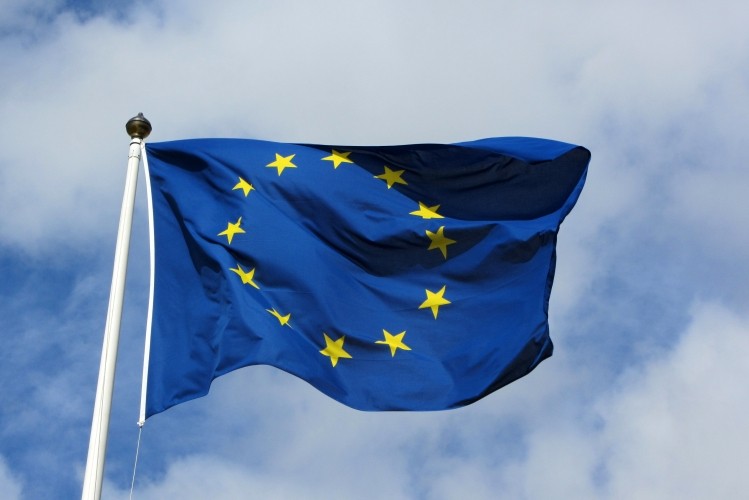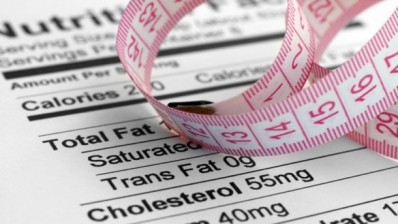Policy makers call on EC to act on trans fats

The panel debate held at the European Parliament in Brussels, looked at the impact of trans fats on the health of people and encouraged an EU-wide regulation to address the issue, said a statement by European Society of Cardiology.
Speaking about the ongoing debate, programme manager of nutrition, physical activity and obesity at the World Health Organisation’s (WHO) regional office for Europe, Joao Breda said: “We know that the negative impact of trans fat are being discussed and the option of reductions are being highlighted at the debate.
“We also know that reducing tans fat from the diet would certainly save lives and a significant decrease or virtual elimination of trans fats is possible as has been demonstrated in several countries in the region.”
Expressing the WHO support for the initiative, Dr Roberto Bertollini, director of WHO Brussels and chief scientist of WHO Europe added: “We encourage the EU to introduce a regulation mandating an upper limit of industrially produced trans fatty acids in food. [Trans fats] are not safe for use and are associated to a number of negative health consequences which could and should be prevented by better regulation.”
“Cardiovascular disease is the number one killer in Europe, causing 1.9 million deaths every year... Today, we call upon the European Commission to bring forward a proposal for an EU-wide regulation to address this important health issue,”added Mairead McGuinness MEP and Karin Kadenbach Member of the European Parliament (MEP), co-chairs of the MEP Heart Group, ahead of the debate.
The issue was debated by MEPs, representatives of the European Commission and WHO Europe. It was held by the Members of the European Parliament Heart Group, with the support of the European Society of Cardiology (ESC) and the European Heart Network (EHN).
Problematic history of trans fats
Trans fats (otherwise known as partially hydrogenated fats) are produced by adding hydrogen to vegetable oil, which causes the oil to become solid at room temperature. These solid fats increases the shelf life and stability of foods and have been used as ingredients in some processed foods, including biscuits and ready meals.
Industrially produced trans fats are widely recognised as the most harmful type of dietary fat with detrimental effects on health. According to studies, TFAs in particular, could significantly increase the risk of coronary heart disease (CHD) and may also increase risk of other chronic diseases.
While use of trans-fast in foods has fallen dramatically in recent years, to date, only three EU Member States - Austria, Denmark and Hungary - have adopted legislation to restrict industrially produced TFAs in the food chain.
“It is estimated that thousands of lives and billions of euros could be saved if these measures were introduced more widely,” the statement added.
In 2008, the European Parliament published a study recommending that a ban on industrially produced TFAs should be considered at EU level. In 2009, the World Health Organisation (WHO) concluded that the information available was sufficient to recommend virtually eliminating industrially produced TFAs from the food supply, it added.
And last year, the WHO called for a complete ban on trans fats throughout Europe as part of a new action plan on diet and health, “European Food and Nutrition Action Plan 2015-2020”.
‘Act now against trans fats’
Experiences from Denmark and New York show that trans fats or trans fatty acids (TFAs) can be replaced with healthier substitutes without increasing the cost or reducing the quality of foods, added the statement.
“Since the mid-1970s, average intake of TFAs in Europe has dropped considerably,” said Professor Steen Stender, keynote speaker from the University of Copenhagen. “However, average intake masks differences in consumption levels between different countries and social groups. Notably, people from economically disadvantaged groups are likely to consume more TFAs by way of diet consisting of more processed foods. It is important that we act now.”
The debate was underway in Brussels at the time of publication.





















